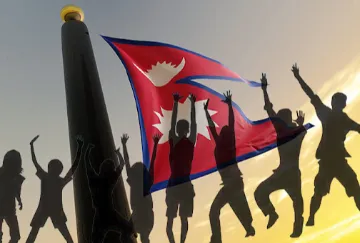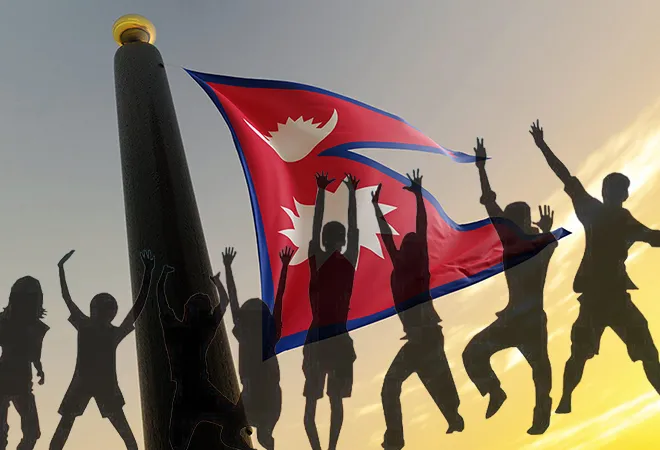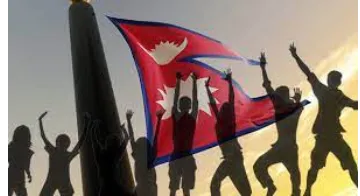-
CENTRES
Progammes & Centres
Location
-
FORUMS
- Arctic Circle 2025 - India Forum
- Raisina Dialogue
- The Innovation Island Summit 2025
- Cape Town Conversation
- Sagarmanthan: The Great Oceans Dialogue
- Yerevan Dialogue
- The Energy Transition Dialogues
- CyFy
- CyFy Africa
- Kigali Global Dialogue
- U.S. Indo-Pacific Strategy: North-Eastern Dialogues
- BRICS Academic Forum
- Colaba Conversation
- Asian Forum on Global Governance
- Dhaka Global Dialogue
- Kalpana Chawla Annual Space Policy Dialogue
- Tackling Insurgent Ideologies
- Climate Action Champions Network




